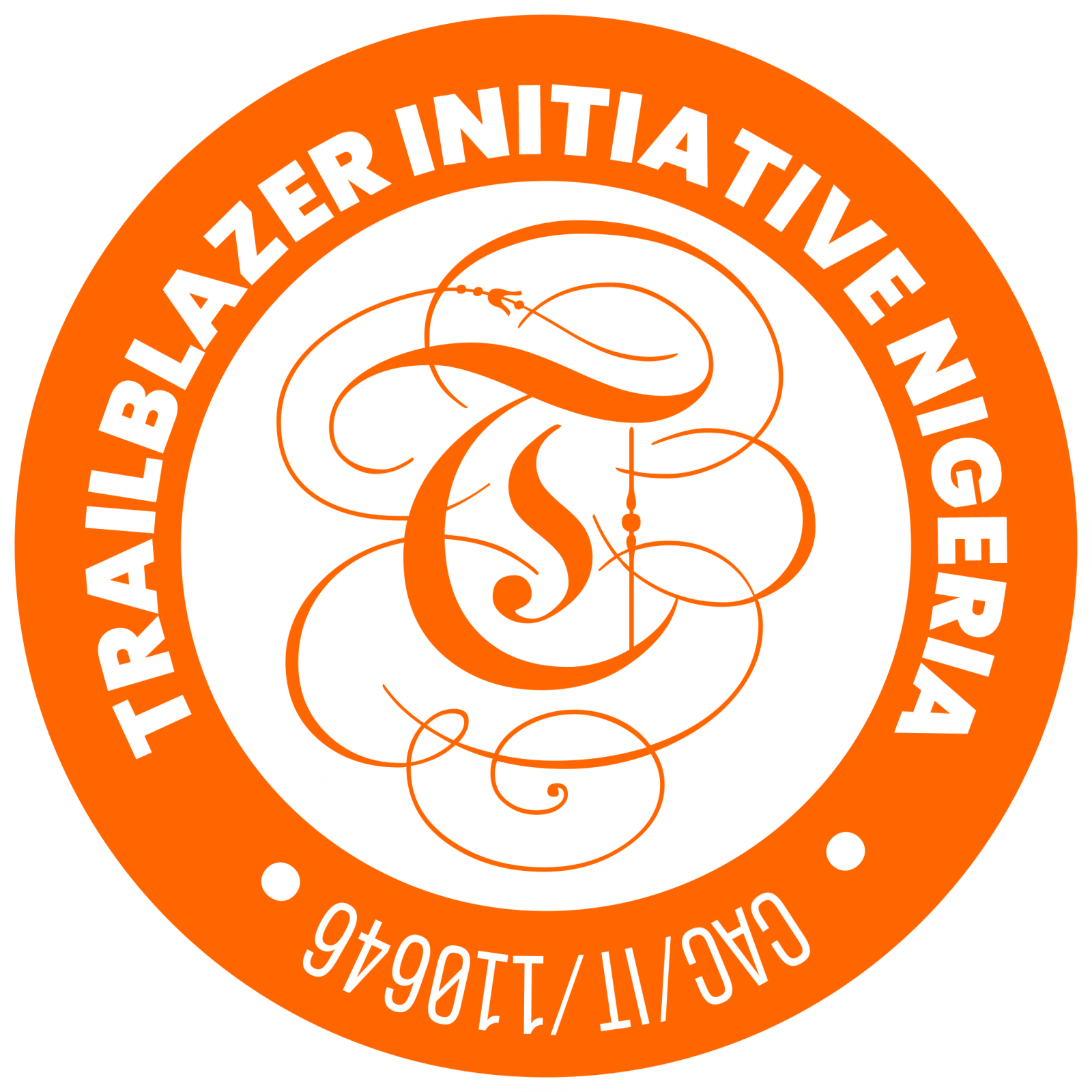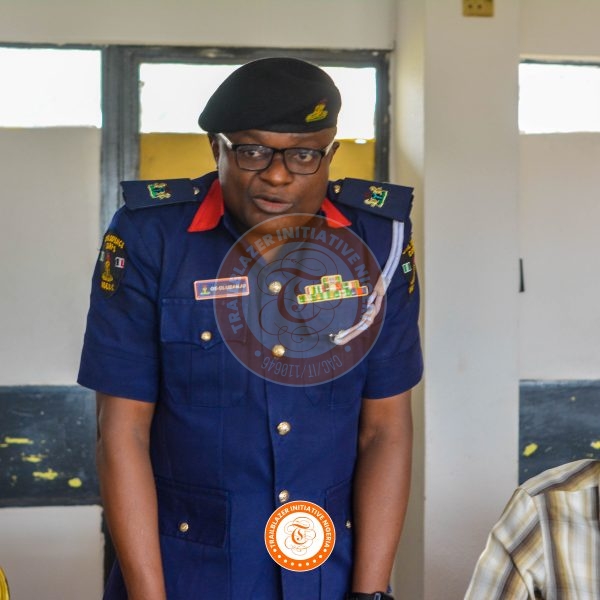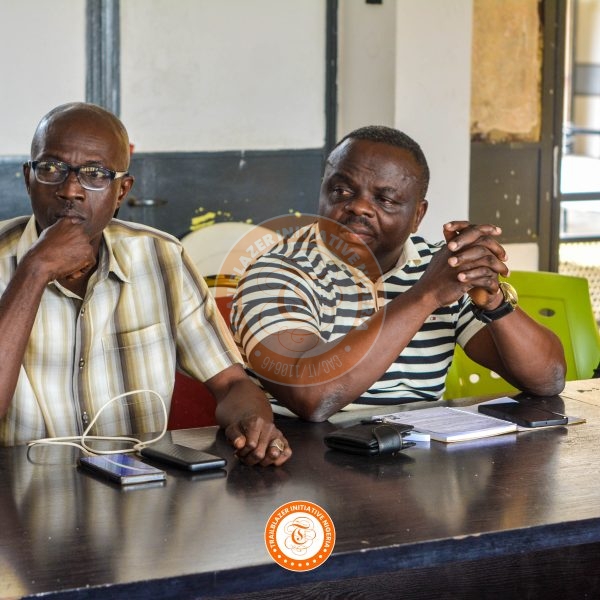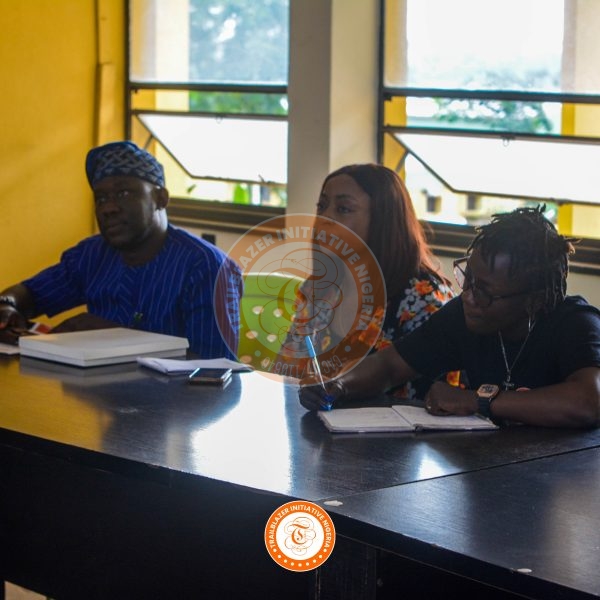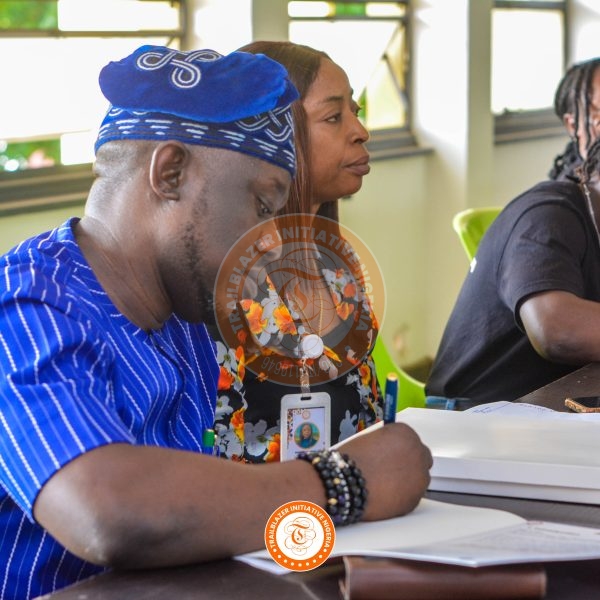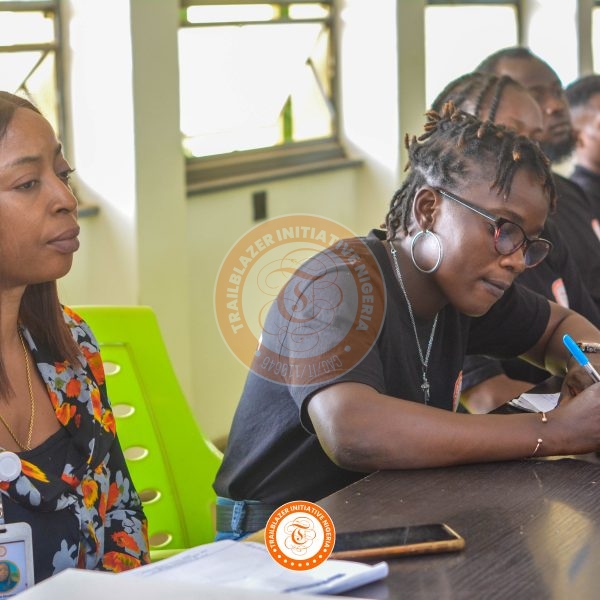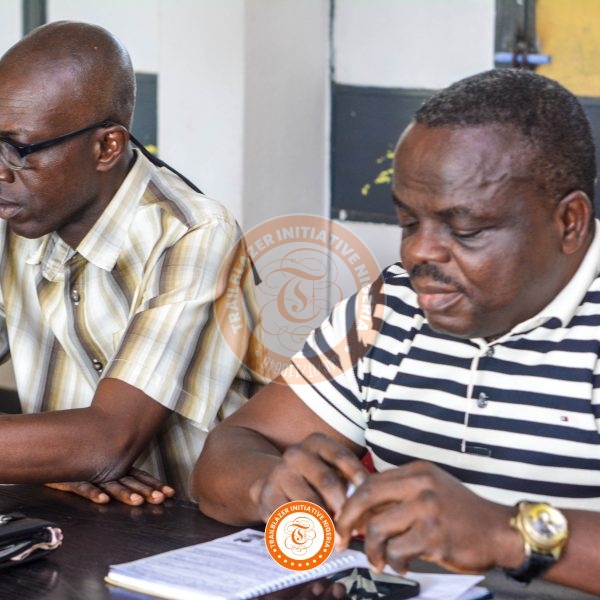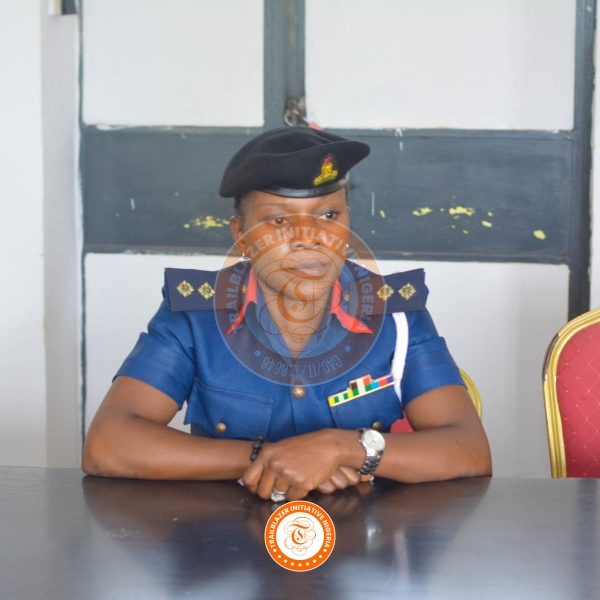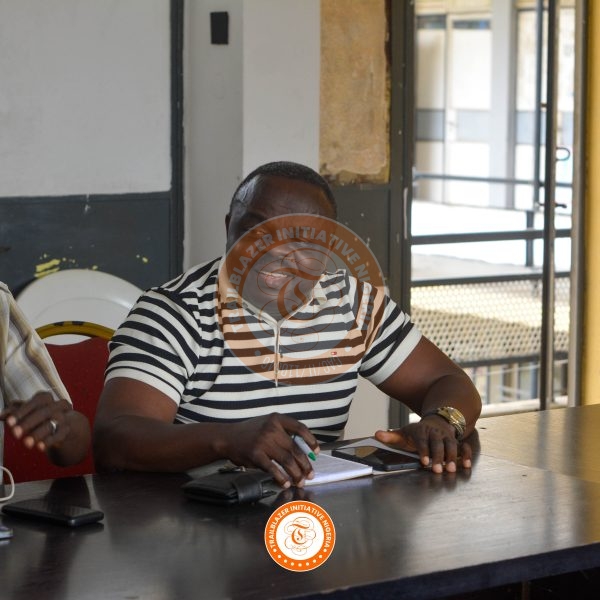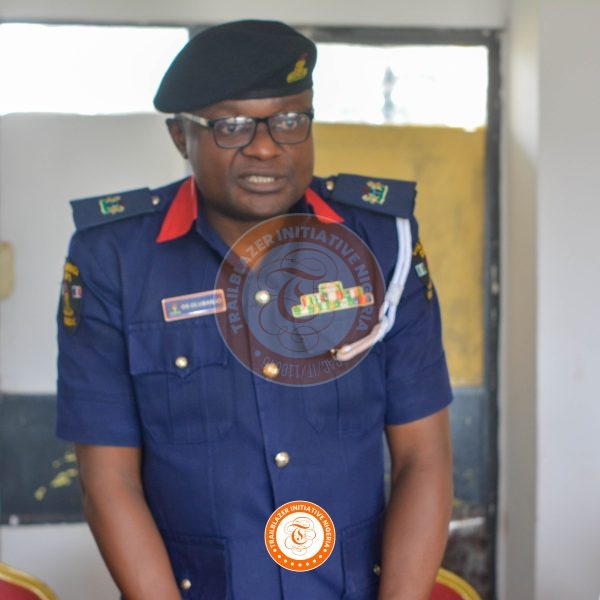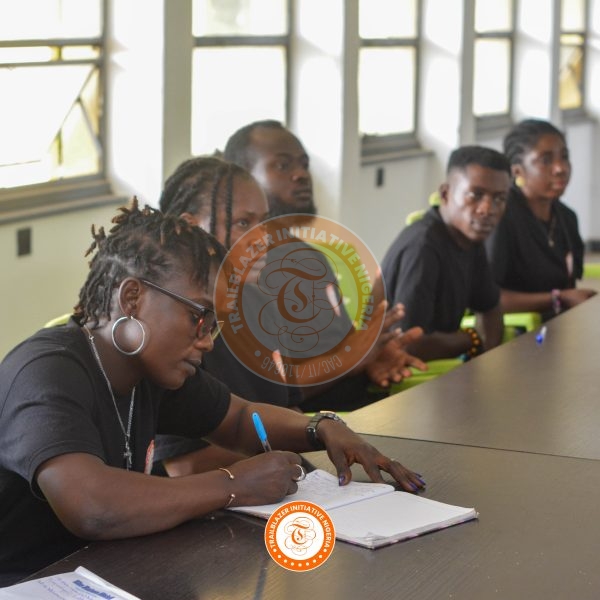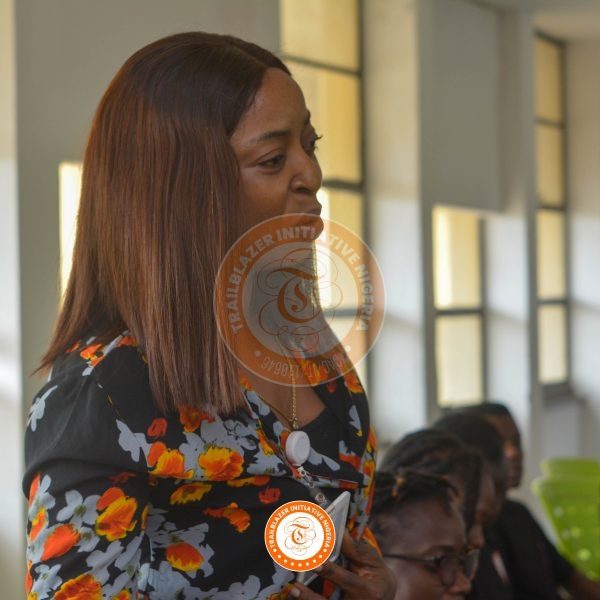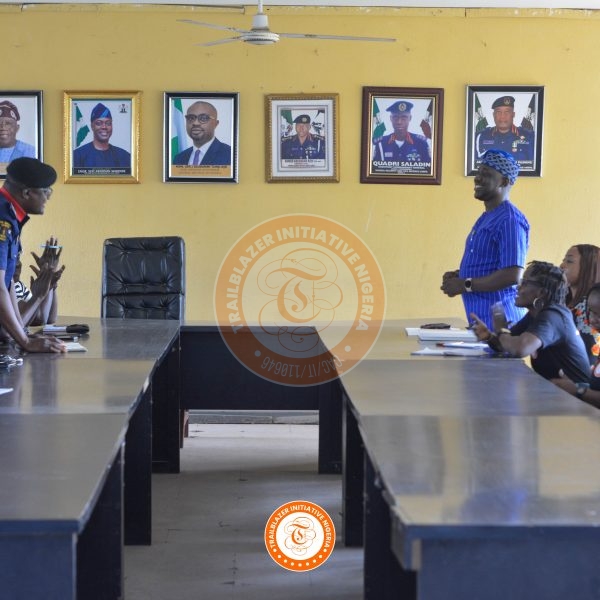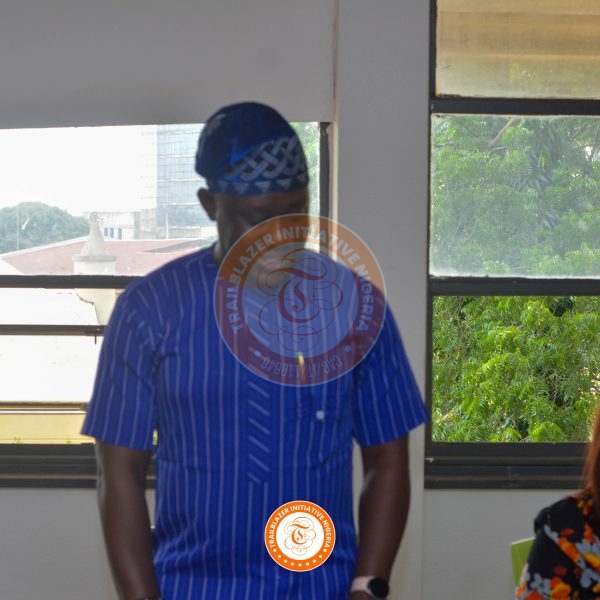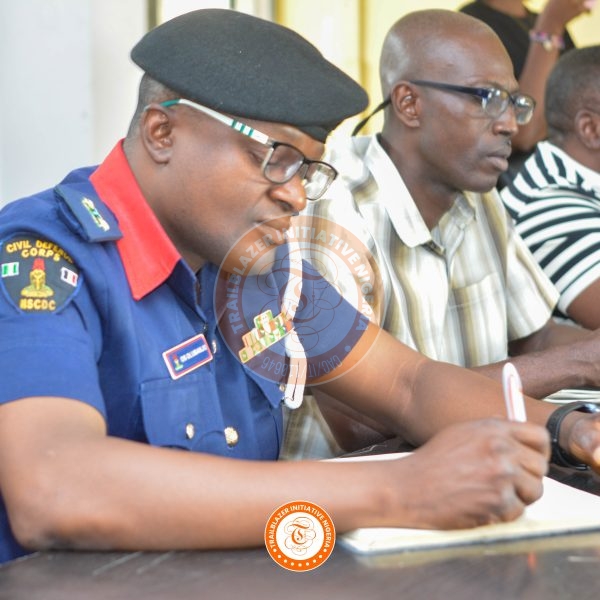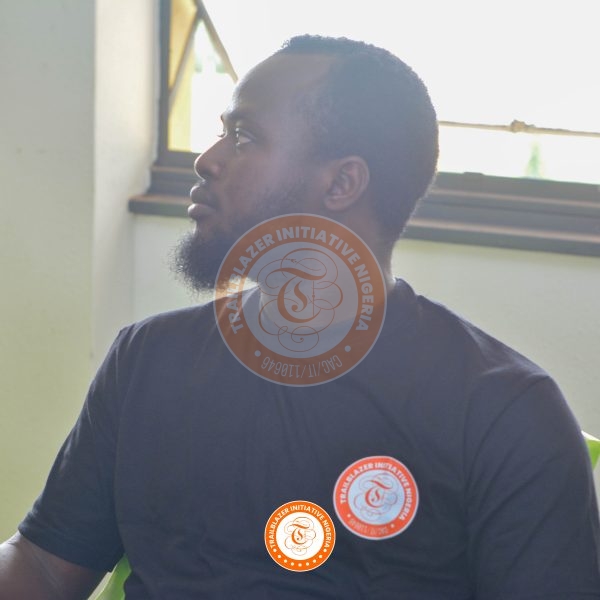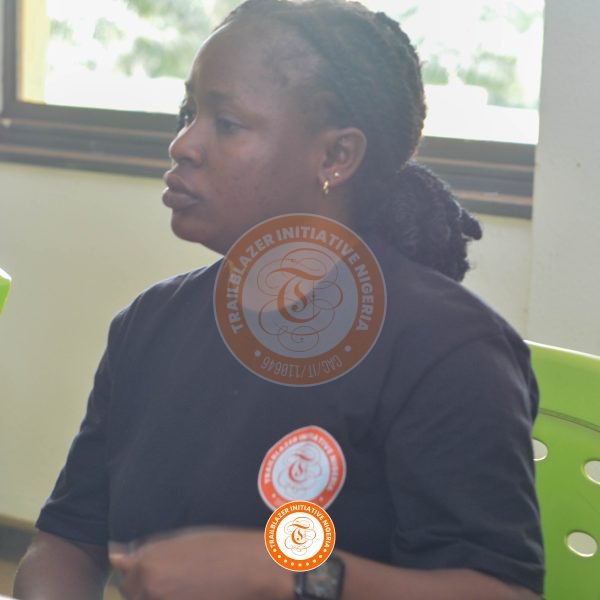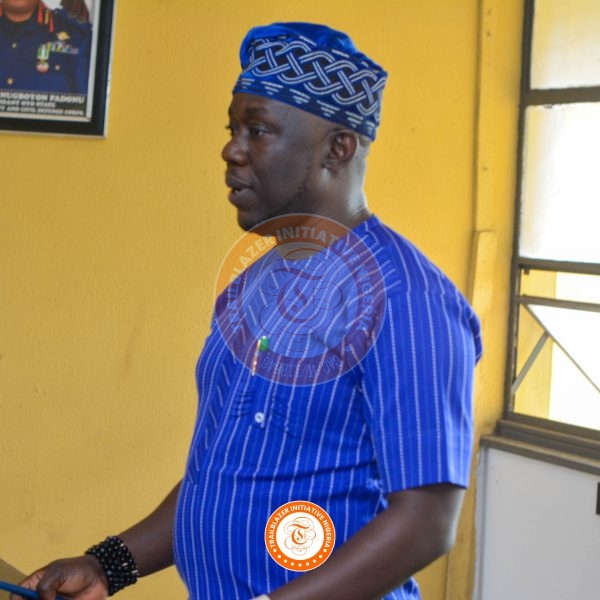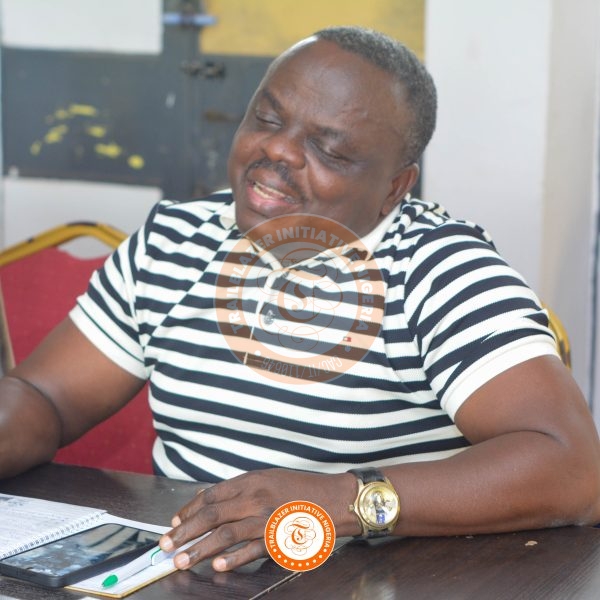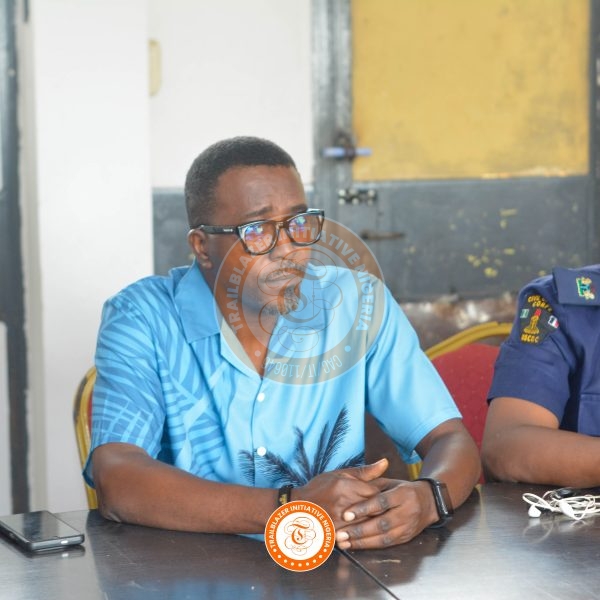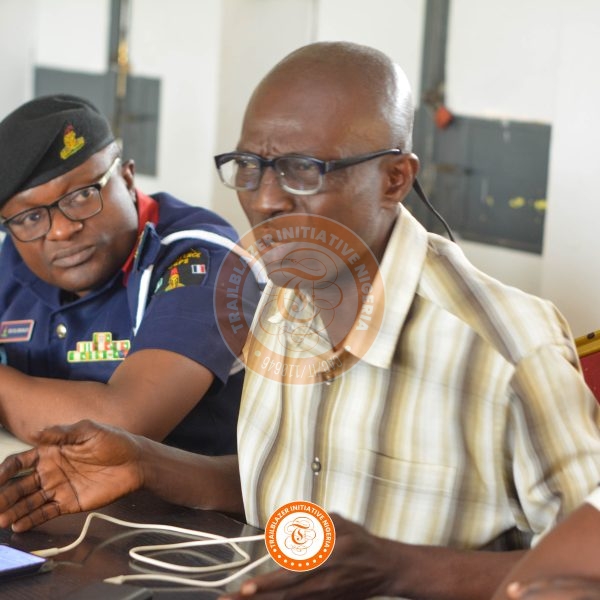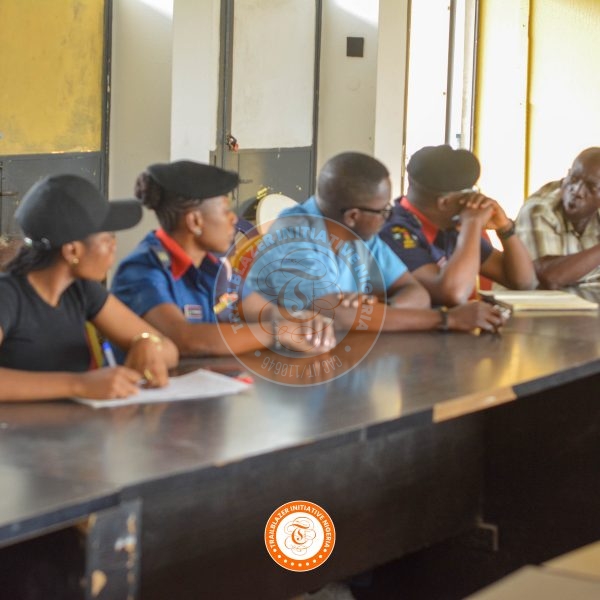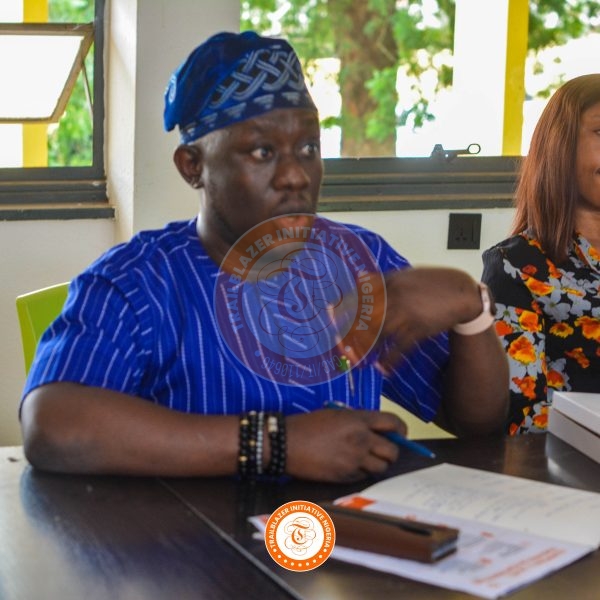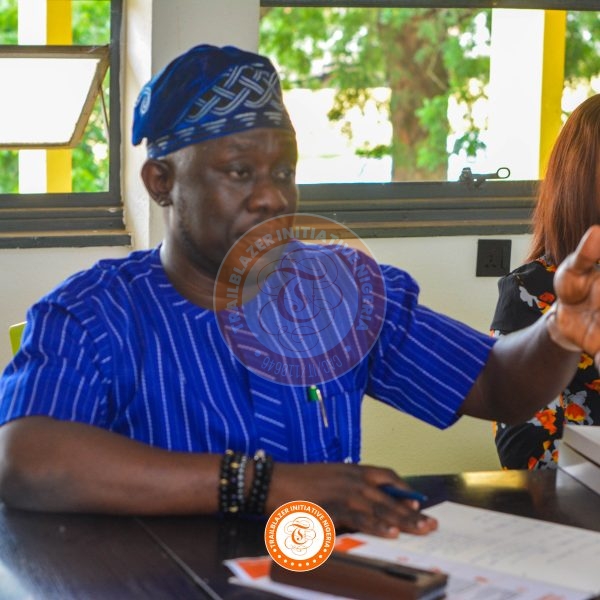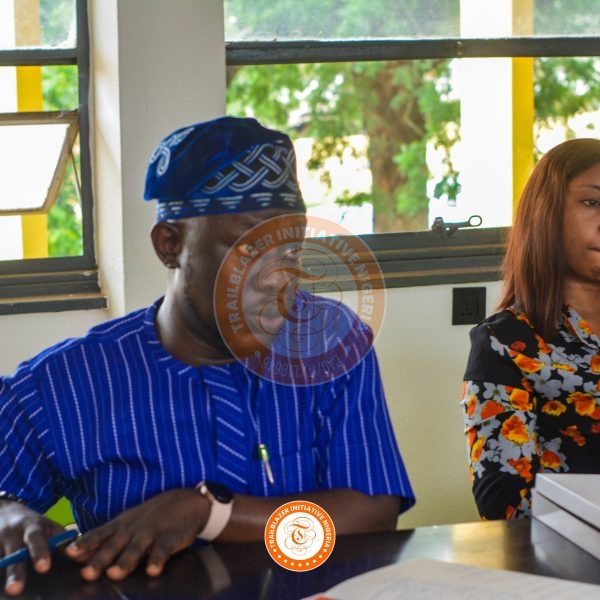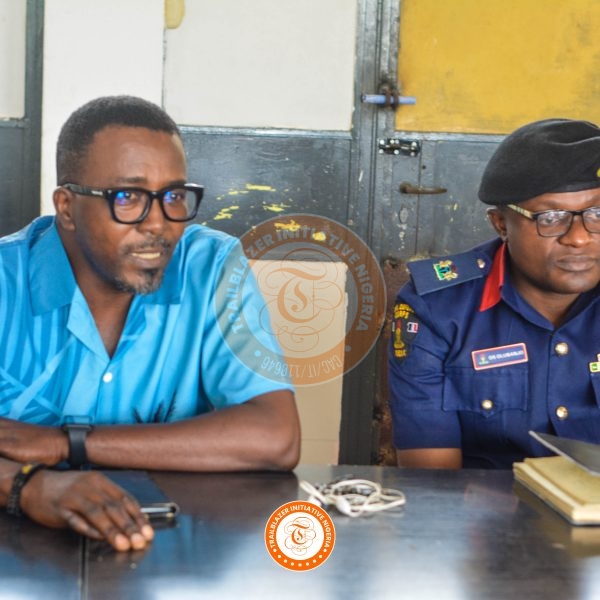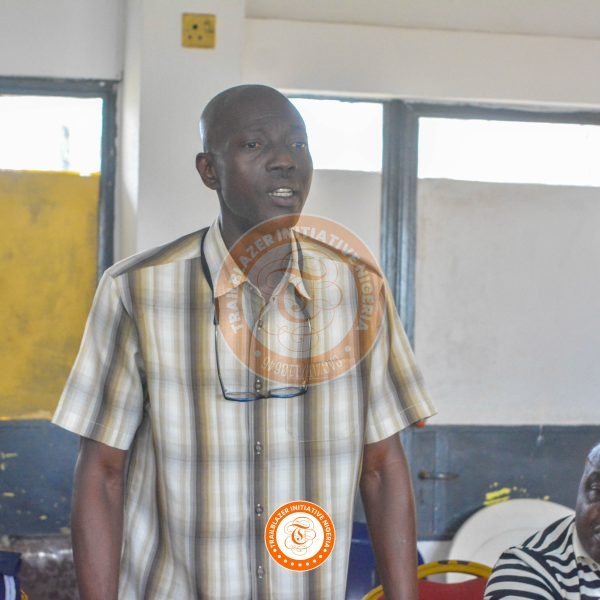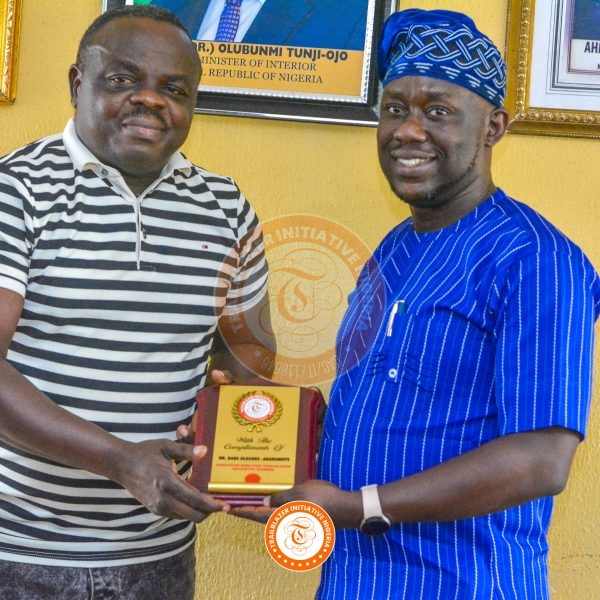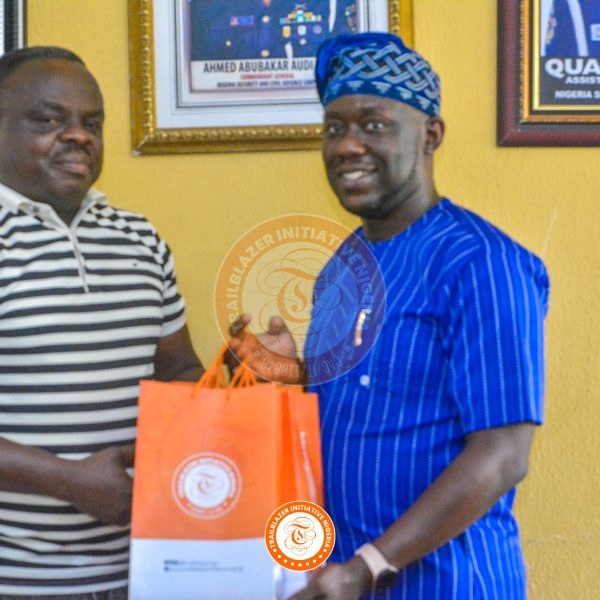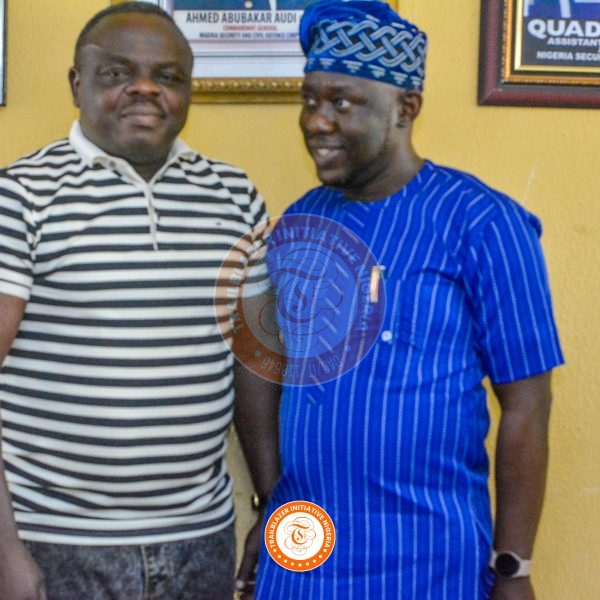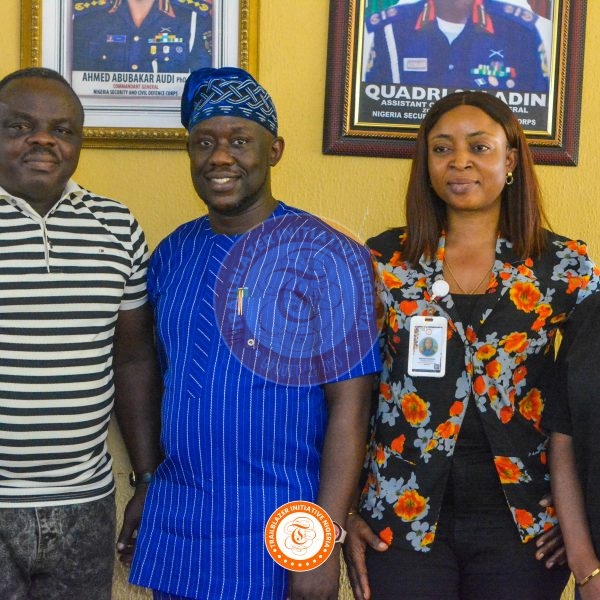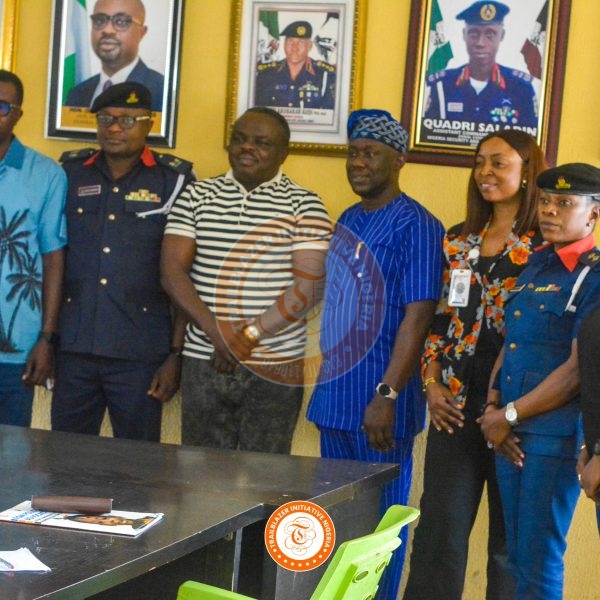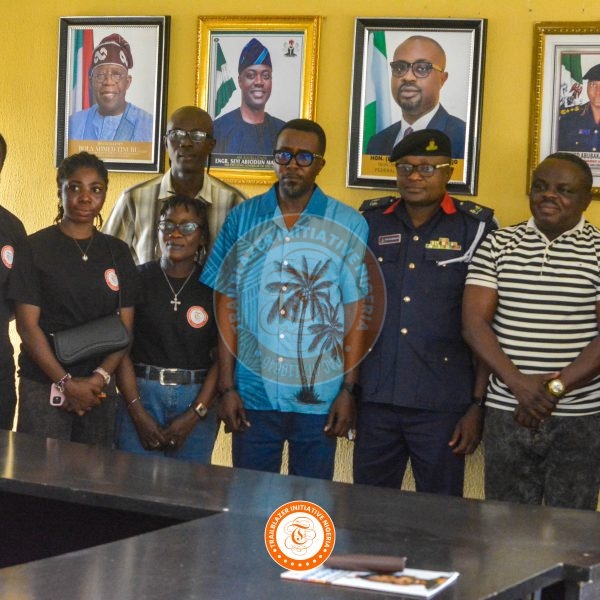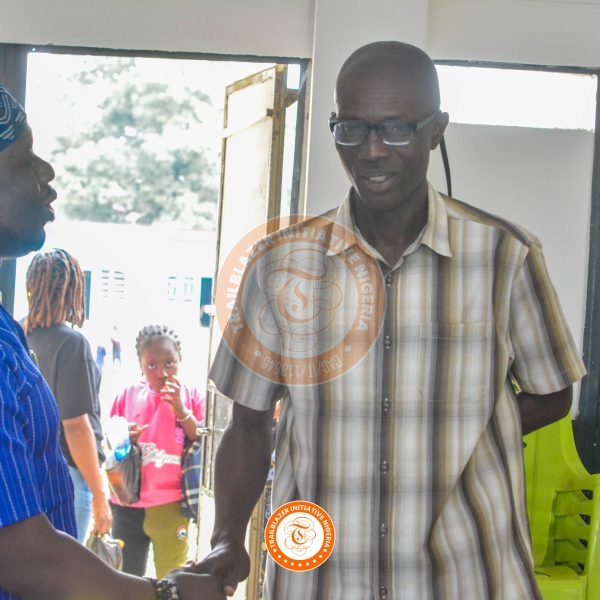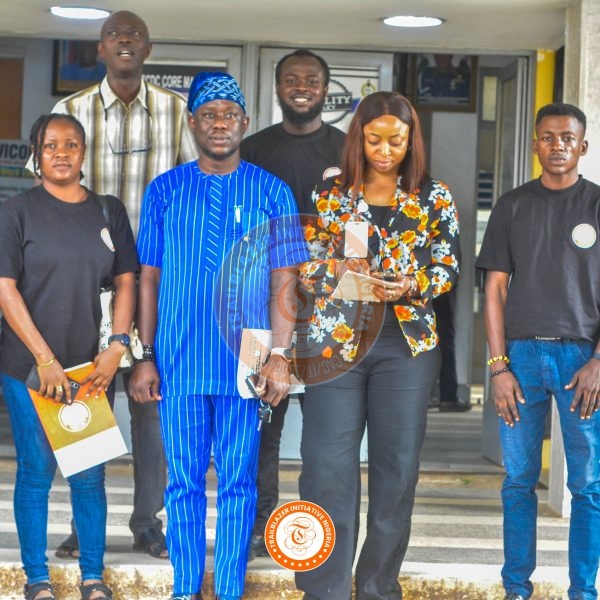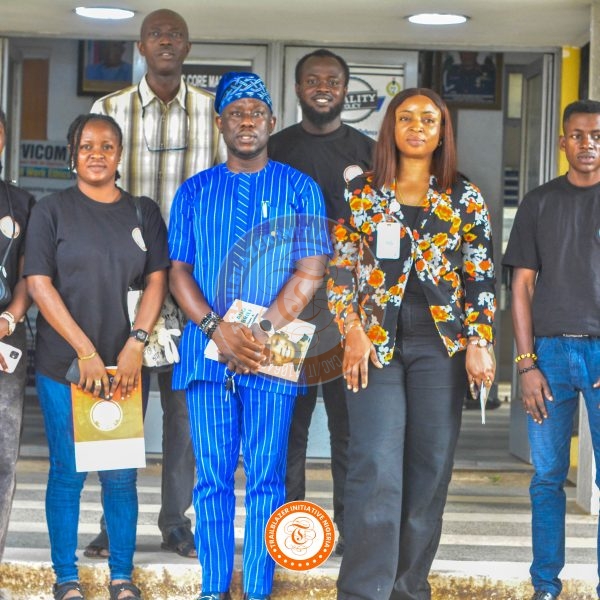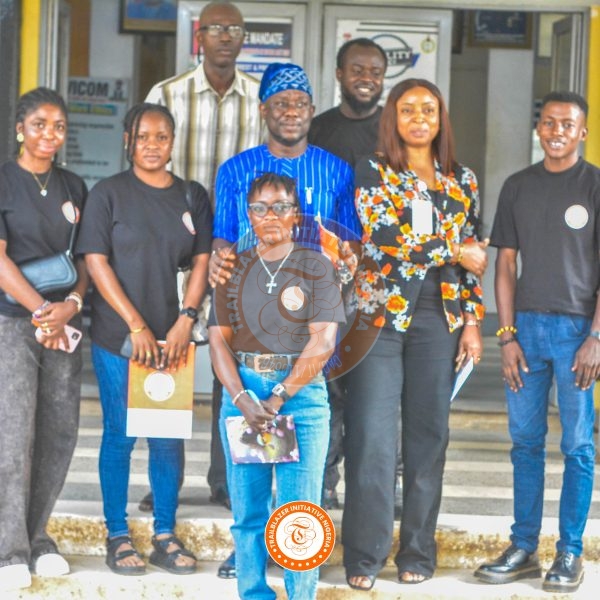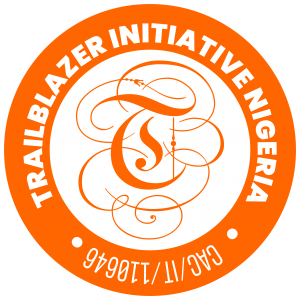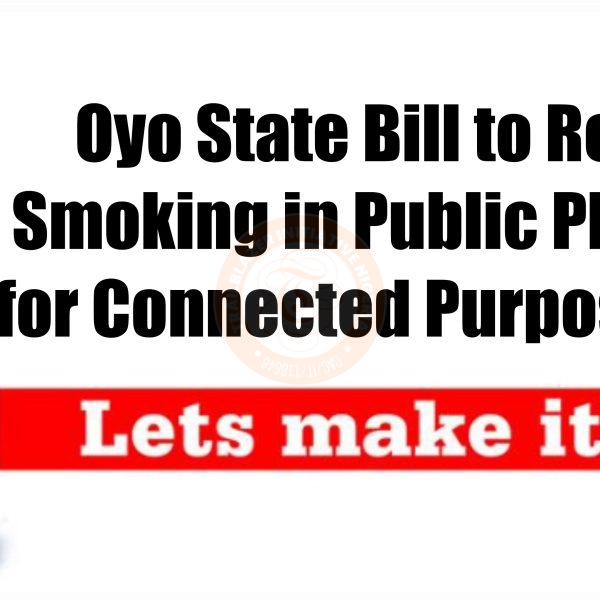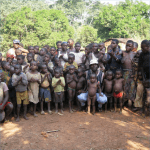In a bold step towards ending Female Genital Mutilation (FGM) and enhancing child protection efforts in Oyo State, the Trailblazer Initiative Nigeria (TBI) paid a high-level advocacy visit to the Oyo State Command of the Nigeria Security and Civil Defence Corps (NSCDC). The meeting, held at the NSCDC State Headquarters in Ibadan, aimed to deepen inter-agency collaboration and strengthen mechanisms for prevention, reporting, and prosecution of FGM cases.
In a bold step towards ending Female Genital Mutilation (FGM) and enhancing child protection efforts in Oyo State, the Trailblazer Initiative Nigeria (TBI) paid a high-level advocacy visit to the Oyo State Command of the Nigeria Security and Civil Defence Corps (NSCDC). The meeting, held at the NSCDC State Headquarters in Ibadan, aimed to deepen inter-agency collaboration and strengthen mechanisms for prevention, reporting, and prosecution of FGM cases.
The delegation from TBI, led by Executive Director Dr. Dare Olagoke-Adaramoye, was warmly received by Superintendent Olubanjo, the Command’s Public Relations Officer, alongside Heads of Departments. Representing the State Commandant, Deputy Commandant of Corps (DCC) Sunday Adeliyi, Head of the Anti-Human Trafficking, Irregular Migration and Child Protection Unit, welcomed the team, emphasizing the Command’s reach across over 75 divisions and 11 area commands.
Dr. Adaramoye outlined TBI’s mission and extensive work in anti-FGM interventions since 2022 with support from UNICEF Nigeria, which have enabled state-wide advocacy, community interventions, and survivor support. Key achievements include:
- Operationalization of the Oyo State VAPP Law – Raising awareness about the Violence Against Persons Prohibition Act, ensuring communities understand legal protections and penalties.
- Training of Gender Champions – Equipping hundreds of adolescent boys and girls to advocate against FGM in schools, communities, and on digital platforms.
- Community Sensitization Campaigns – Organizing door-to-door outreach, town halls, and dialogues with traditional, religious, and community leaders to challenge entrenched norms.
- Media and Social Media Advocacy – Producing culturally relevant radio programs and videos amplifying youth voices against FGM.
- Survivor Support – Providing psychosocial assistance, linking survivors to health services, and supporting economic empowerment through Village Savings and Loan Associations (VSLAs).
- Engagement of Community Structures – Strengthening Ward Development Committees, women’s groups, and youth networks to track FGM cases and coordinate responses.
- Policy Engagement – Contributing to state and national policy dialogues, influencing planning and budget allocations for anti-FGM activities.
- State wide mobilization of over 1.8million people in Oyo state to pledge and enroll on the Movement for Good to end FGM in Nigeria – www.act2endfgm.com/rtbi
Despite these gains, Dr. Adaramoye stressed that weak enforcement continues to undermine progress. He called for enhanced whistleblower protection, community-based surveillance, and a structured referral pathway linking communities to NSCDC units for timely reporting and intervention. He further emphasized the importance of visible prosecutions – arrest and prosecution of offenders.
In a deeply personal reflection, DCC Adeliyi recounted resisting cultural pressure from relatives to circumcise his own daughters. His testimony underscored the deeply ingrained cultural beliefs driving the practice and the urgent need for sustained behavioral change campaigns. Assistant Child Protection Desk Officer, DSC Rotimi Afe, added that advocacy must extend to rural and hard-to-reach areas where FGM prevalence remains highest.
During the meeting, Superintendent Olubanjo proposed integrating FGM awareness into antenatal care services so that expectant mothers are educated before childbirth. Dr. Adaramoye agreed, noting that both grandmothers and fathers often influence FGM decisions and must be targeted in outreach efforts.
Closing the session, DSC Afe gave the vote of thanks and reaffirmed NSCDC’s commitment to collaboration with TBI. Both organizations pledged to intensify grassroots sensitization, strengthen referral pathways, and ensure offenders face the full weight of the law.
This landmark engagement signals a united civil society–security alliance determined to close the gap between legislation and action. By combining TBI’s community-driven, survivor-centered approach with NSCDC’s enforcement mandate, the partnership is poised to deliver lasting change—ensuring no girl is subjected to the lifelong harm of FGM.
